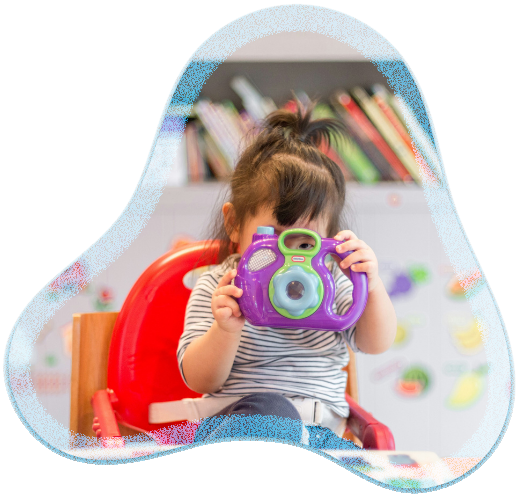



Arrange child-sized furniture to create a functional, open space that promotes independence and movement.
Strategically place Montessori materials on accessible shelves, grouped by module (e.g., Practical Life, Sensorial, Language, Math, Culture).
Establish dedicated areas for different activities, such as a reading corner, practical life area, and art station.
Provide a curated list of Montessori materials tailored to the specific age group, ensuring a variety of learning tools that cater to different developmental stages.
Assist in sourcing high-quality materials and customizing items to meet the specific needs of the school or classroom.
Use of natural colors, soft lighting, and plants to create a calm, inviting atmosphere that encourages focus and exploration.
Incorporate elements that reflect the school’s culture, such as local art, cultural items, or nature displays.

Implement open shelving for easy access to materials, with clearly defined spaces for each item to encourage children to return items after use.
Provide child-friendly tools and storage solutions for practical life activities, ensuring everything is within easy reach for the children.
Offer guidance on maintaining the environment, including how to rotate materials, introduce new activities, and manage classroom flow.
Ensure that the classroom setup meets safety standards, with secure furniture, non-toxic materials, and clear pathways.
Design outdoor spaces that complement the indoor classroom, including gardens, nature study areas, and spaces for physical activity.
Incorporate natural elements like sand, water, and plants to encourage exploration and hands-on learning outdoors.
Provide ongoing support to refine and adapt the classroom setup as the school year progresses.
Regularly assess the effectiveness of the environment and suggest improvements to enhance the learning experience.
By providing these services we ensure that the Montessori classroom is thoughtfully designed to support self-directed learning, independence, and the holistic development of the child.